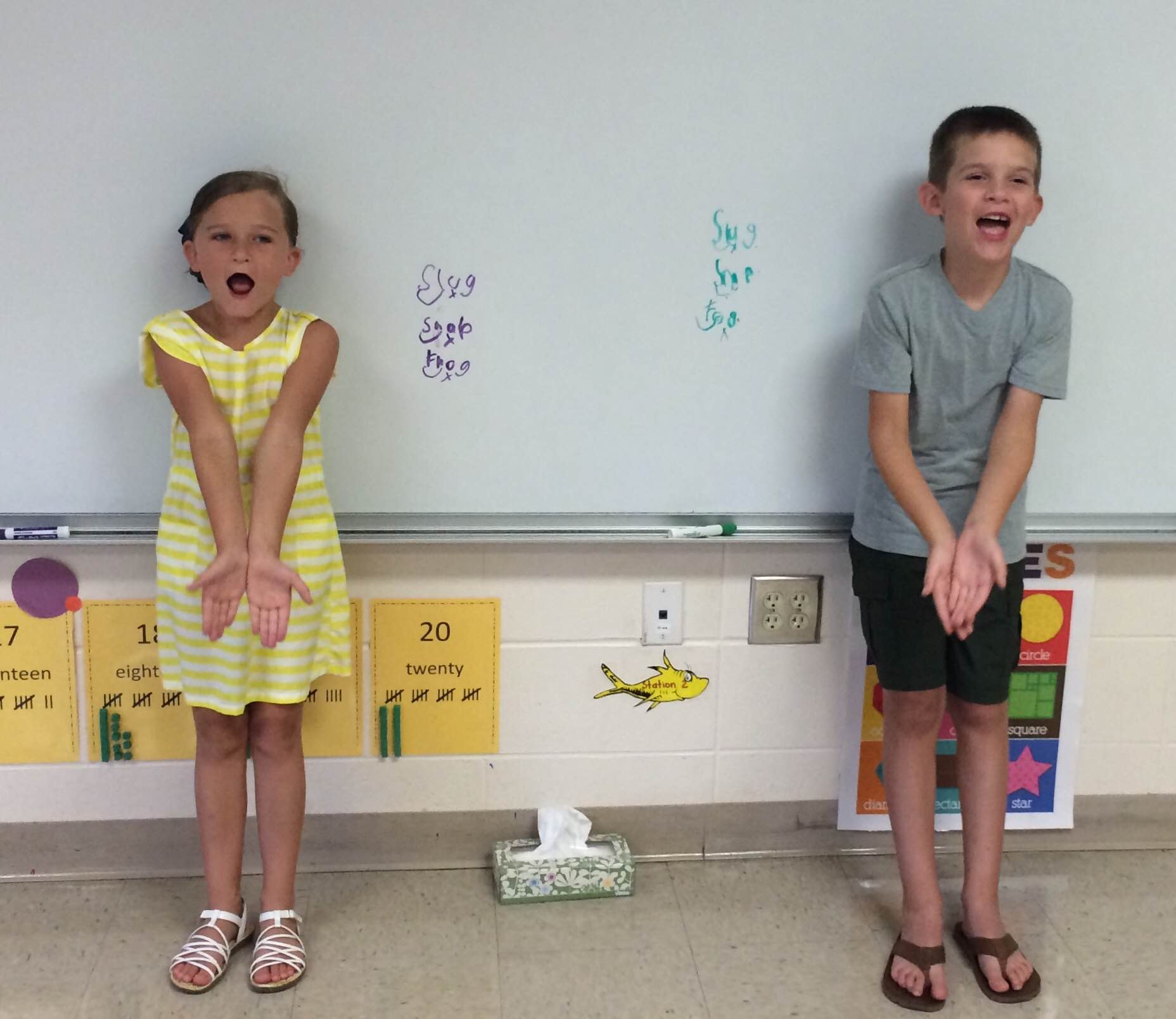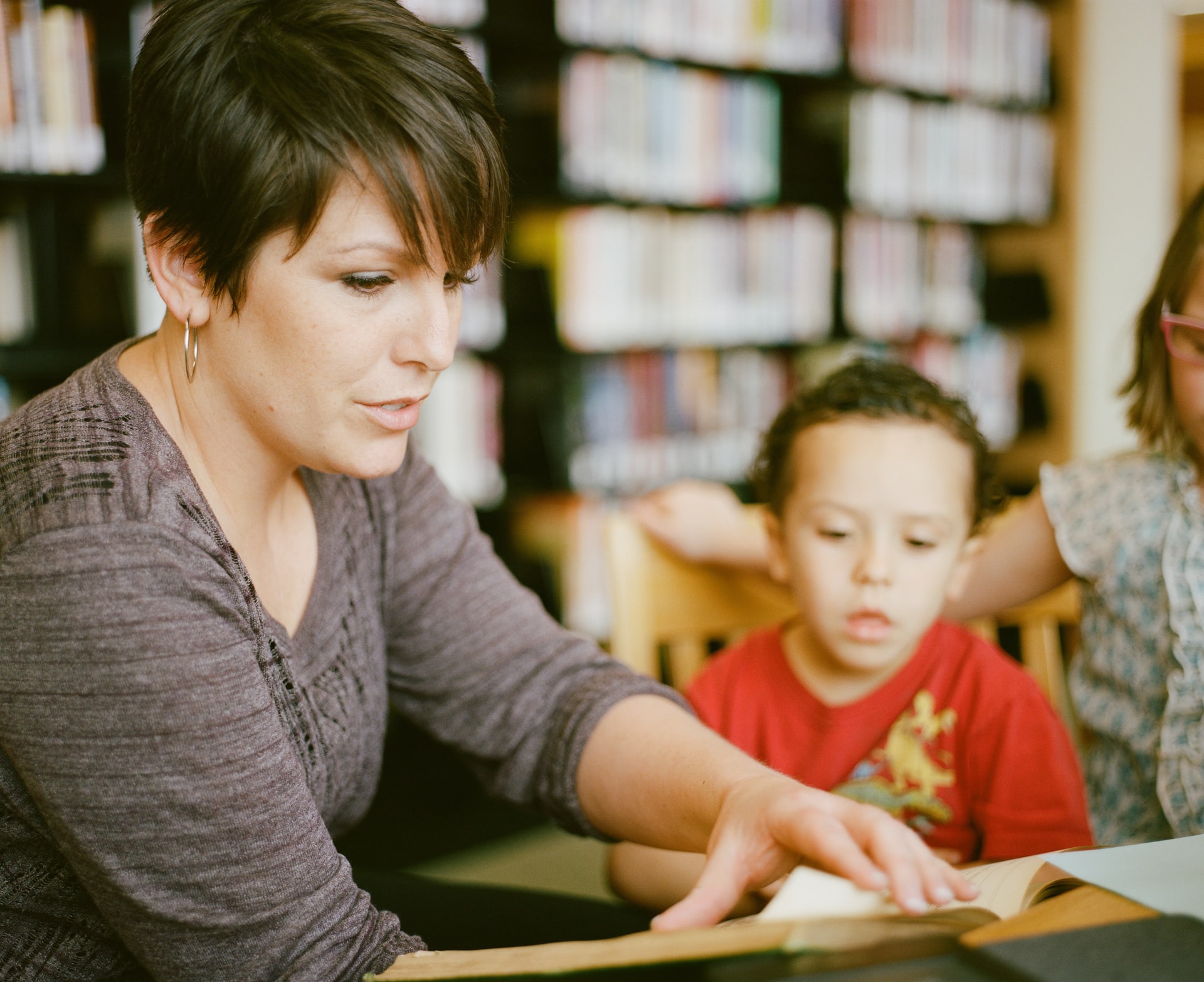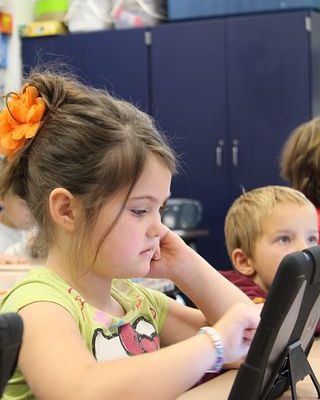Preschool: Everything You Need to Know

It refers to an academic institution that provides schooling to kids prior to kindergarten. Unlike daycare centers with long hours, preschools usually involve shorter hours and involve qualified teachers who educate the child through play. In a preschool, children are encouraged and allowed to learn at their own pace.
Several organizations offer preschool programs, including schools, child care centers, nonprofit organizations, and places of worship. Depending on the rules in a state, these programs may or may not need to be licensed. In case it’s a licensed program, it’ll need to follow a set of fundamental health and safety requirements and be monitored to ensure it’s following the requirements.
Preschool programs are typically for children between the ages of 2 and 3 years. However, since every child is different, this age range shouldn’t be considered rigidly. Instead, different developmental factors should be taken into account to decide the child’s preschool readiness rather than focusing just on the little one’s chronological age.
Parents should consider the following factors to decide their child’s preschool readiness:
· Separation anxiety: If the child isn’t comfortable being away from his parents, the little one isn’t ready for preschool. This is applicable even if his age is between 2 and 3 years and he knows all his colors, letters, and shapes. Since transitioning to preschool is a stressful event, there’s no need to create additional unease for a child who’s already prone to separation anxiety.
· Social development: If a child doesn’t engage in creative play, isn’t socially aware of how to deal with other children, or hasn’t played with other kids, it isn’t yet time to get the little one enrolled in a preschool.
· Physical development: If a child lacks the gross motor skills and fine motor skills for handling the playground equipment and classroom materials, respectively, it’s not yet time to send the child to a preschool. Though such skills will be fine-tuned in preschools, the child still needs to have the motor control to keep pace with his classmates to be successful at preschool.
· Potty training: This is yet another indication of a child’s preschool readiness. Though some preschools can help with it, many need the child to master this skill before enrolling.
· Communication skills: Preschool readiness means a child should be able to communicate with his classmates and ask for help if needed. If only the child’s parents could understand what he speaks, he isn’t ready for preschool yet.






